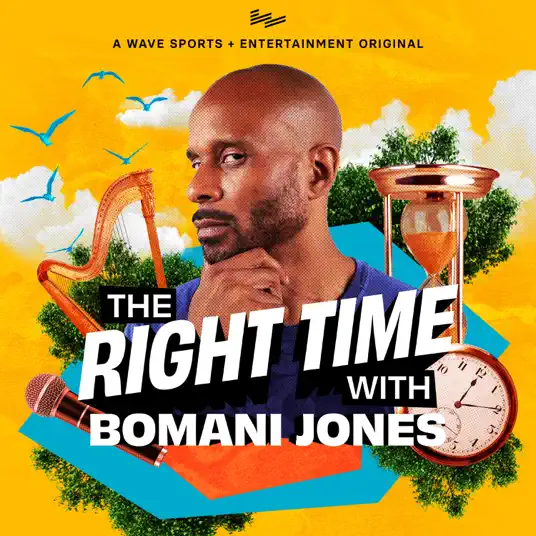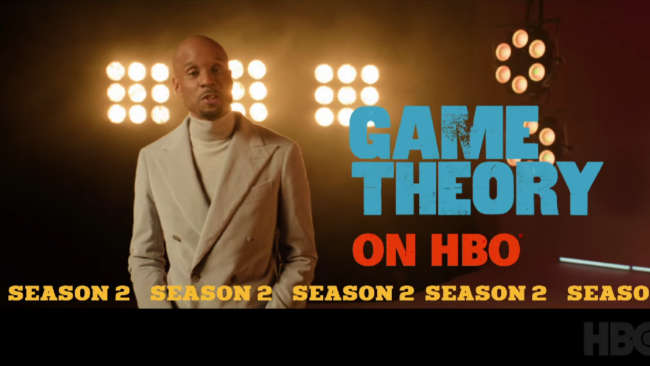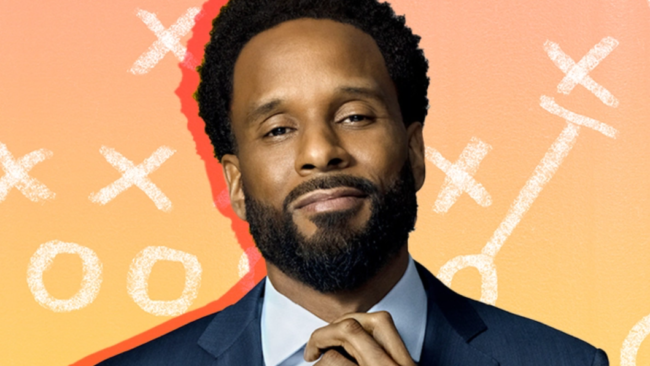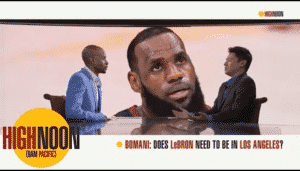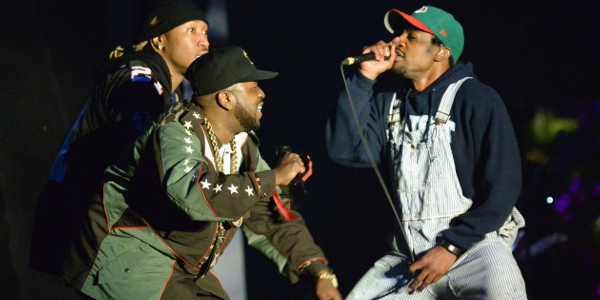
Is Coachella a festival to be seen or an experience to be had?
– Jon Caramanica
“Are y’all alive?”
– Andre 3000 at Coachella
A common blog theme this past month is the movement of music festivals from underground to mainstream. We addressed it with our post on SXSW, particularly from the standpoint of a music showcase, to now, a place to be seen. Coachella follows that trend, as a weekend trip to the California desert is part of the 2014 music pilgrimage. And this revolution was televised (or streamed on YouTube).
Much like SXSW, the people who attend Coachella are as much part of the story as the bands themselves, and this played an especially important role last weekend for Outkast’s reunion. Much of the tension of Coachella (and SXSW) audiences is whether they’re in it “for the right reasons”, as broken down by the following list:
The Right Reasons For Attending a Music Festival:
– True love and appreciation for music and where it fits into the cultural and social pantheon
The Wrong Reasons For Attending a Music Festival:
– To post selfies on Instagram
But social media changed the entire equation. After all, what’s the point of slogging through the pounding sun all day at a music festivals if you can’t build your Facebook profile? That should be the least of your rewards.
The audience only heightened the tension for Outkast’s first show in ten years last Friday night. Coachella has a way of bringing groups back together, from Wu-Tang to Dr. Dre and Snoop (Coachella may be this generation’s symbol of “hugging it out”). But past that apprehension, and while the reunion show would kick off a string of Outkast performances over the summer, there was a more obvious question: would it ever be the same?
That answer depends on what platform you experienced it on. From Andre 3000’s supposed disinterest, to the apathyof the audience not being true Outkast heads before “Hey Ya” (their “sponsored by Vitamin Water” moment), the worst fears of Twitter were confirmed on Twitter. But critics who attended the show gave a different response. While not a perfect show by any means, it was somewhere between “incredible and disappointing at the same time”. This incredible/disappointing dichotomy is something we’ve come to intuitively understand. The incredible came from the reunion itself – they still had their fastball, as they showed starting their set with “B.O.B”. The disappointment mostly came from a combination of getting away from their early work, technical difficulties, and the show’s abrupt ending due to curfew.
Remember Browne put it best; fans of Outkast spent the show psychoanalyzing “every single interaction, piece of body language, and perceived annoyance or moment of joy happening onstage”. Like breaking down a piece of NBA footage for a scouting report, the end product wasn’t as important as the process, as what was happening in the subtle moments. Take the crowd reaction out of the equation. Were the movements right? Was the enthusiasm still there? The chemistry? If yes, that’s what matters. The results, the transcendence teamwork we expect from Outkast, will show up eventually.
Outkast still technically “won”, even if it was an ugly win. Their performance generated 90,000 tweets and 1.7 million views throughout the weekend (the sign of a great team is winning even when they’re not at their best, right?). But those numbers, and even the overall reaction itself, probably misses the point. It was their first show together in 10 years, on the grandest YouTube stage. It was never going to be perfect. Between Twitter, critics, Coachella attendees, and 25 million records sold, is a million different opinions. Which begs a different question: what did people expect in the first place?
The Golden Age at Music Festivals?
Nas performed a set with Illmatic as the centerpiece the following night. Although it was without the fanfare of Outkast, his presence and his set list (he brought out Jay-Z as a guest) was also symbolically significant. Outkast, Nas, and Jay-Z all in one weekend, at a music festival in a California desert? Who could have drawn that up in 1994? But music festivals may be the Golden Age of hip hop’s second wind.
Hip hop is a young person’s sport. But if there’s been a place for classic hip hop albums to get a second life, it’s ironically in the much maligned, seemingly Backpacker-unfriendly Coachella. Music festivals grew up, but that doesn’t mean that old feelings, whether through reunions or performing songs from albums released 20 years ago, can’t be recaptured – 140 characters at a time.

